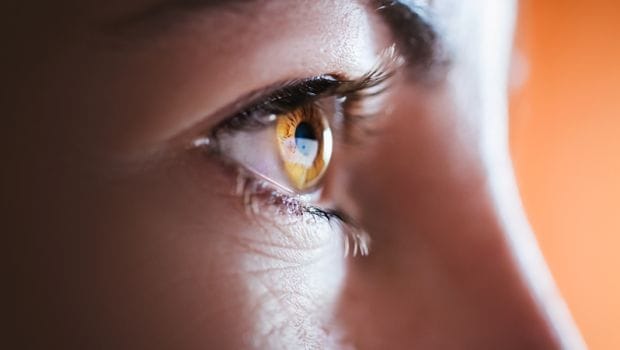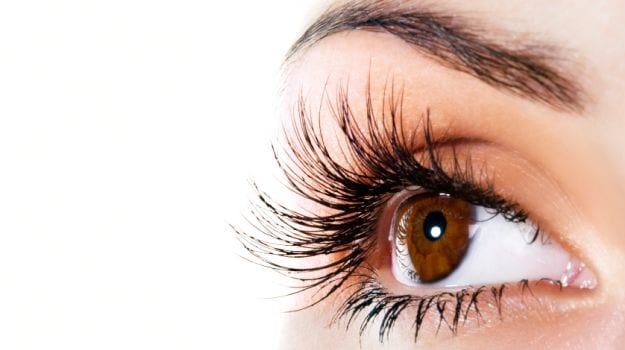According to the researchers, a new group of cells in the retina directly affect the biological clock by sending signals to a region of the brain which regulates our daily (circadian) rhythms, thereby opening new therapeutic possibilities to manipulate the retina's signals and alter the body's responses to light changes.
The suprachiasmatic nucleus (SCN) is a region of the brain, which co-ordinates the circadian rhythm using many different signalling molecules, including the neuro hormone vasopressin. This research shows that the retina has its own population of vasopressin-expressing cells which communicate directly to the SCN and are involved with regulating the circadian rhythm.

This gives an insight into how the biological clock is regulated by light and could open up new therapeutic opportunities to help restore altered circadian rhythms through the eye.
"Our exciting results show a potentially new pharmacological route to manipulate our internal biological clocks," said study's lead investigator Mike Ludwig from the University of Edinburgh in England.
"Studies in the future which alter vasopressin signalling through the eye could lead to developing eye drops to get rid of jet lag, but we are still a long way off from this," Ludwig added.
Biological clocks are synchronised to light-dark changes and are important to regulate patterns of body temperature, brain activity, hormone production and other physiological processes. Disruption of this can lead to health problems such as gastrointestinal and cardiovascular disorders, depression and an increased risk of cancer.
The researchers interfered with the signalling of light information sent to the SCN in rats. Using a series of physiological tests, they showed that vasopressin-expressing cells in the retina are directly involved in regulating circadian rhythms. The study appeared in the Journal of Physiology.









